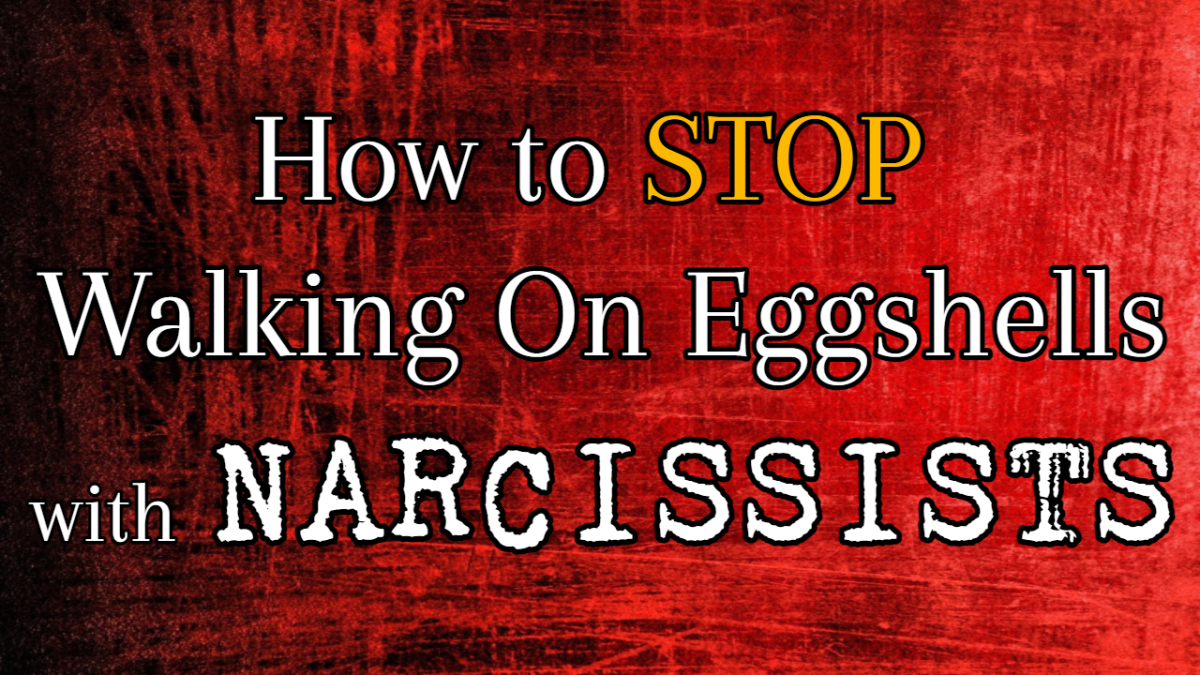Why Do They ‘Go Postal’?

It seems like the copycat thing to do: Grab a gun and shoot everyone around you.
I’m a shrink, so I get asked, why do people do this? It’s simple, but you would have had to have been pretty hard pressed—your life, your family, your job being threatened—for you to understand it. But let me try to explain, anyway.
You can strip a person of almost anything, and they will figure that they can pick things up again. So people move on after disasters, like tornadoes that smash their homes in an instant. That’s because they are resilient and have the support of friends and family. But think of what it would feel like if someone assassinated your identity—the very core of your being that makes you feel like you. You would feel pretty alone—right?—if you didn’t have you.
Identity Assassination is one of the Key Ingredients to Going Postal
Identity assassination is one of the core issues behind going postal. In order to imagine this, let’s say that you put everything into your job. You try hard to advance. You keep track of every detail. But your boss has a Top Dog/Underdog List. At the top is the employee who the boss uses as an example of how a good employee does things. This person gets all the extra training and gets to go to all the conventions. At the other end of the list is the person the boss singles out at meetings when saying this is not how to do things.
Now, let’s say you end up in the underdog position. You don’t know why you are singled out at meetings for being the slacker. Doesn’t the boss realize you’re already donating an extra 5 hours a week to the job, have the most responsibilities, and get the lowest pay? What’s with this?
What you don’t understand is that the boss wants to take credit for everyone’s work in order to advance. You, however, stand out too much. You’re making even the boss look lazy. But when you talk to your so-called friends at work, they give you a blank stare. They’re worried just as much as you about losing their jobs. But they say they don’t know what to tell you.
You Feel Sick, like You've got a Black Hole Eating Away in Your Stomach
The stress mounts when the boss calls you out on a sexual harassment charge. Someone reported that you touched an employee of the opposite sex. You say, “What?” The boss explains what was seen, and you explain that it was the other employee who touched you—and it was only on the arm. The boss says you shouldn’t have allowed it to happen and that you’re going to be fired the next time it does. Suddenly, you feel ill, like you’ve got a black hole eating away in your stomach.
Back at your work station you think about how you’ve given it all to the company but no one is there for you. You realize that you’re a ‘nobody’ and that shortly you’ll be without a job.
When you get off work, you call your one friend with whom you can discuss this type of thing. Your friend says that you need to talk to your boss about how your feel or quit the job. You know your boss would fire you immediately if you said that what was going on made you sick. You also know that you’ll never get a good reference from this company as long as this boss is there. So, if you quit, it’ll be like starting over—ten years wasted.
You Feel Ripped Off
You feel ripped off. The freaking boss has stolen all those years of work from you—those years in which the job made you a ‘somebody’. You suddenly get angry and stomp around your house. You scream about how you’re going to kill the boss. But strangely … just hearing the words makes you feel better.
You calmly get your gun and get in the car. You stuff the gun in your bag and enter the office. Catching sight of the boss, you laugh. You pull out the gun. And suddenly, you feel blissful as the boss stares down the barrel at you. The boss begs you to put the gun away. You've never felt so in charge before. You pull the trigger. As the boss hits the floor, you grin. When you see the scared looks on the faces of coworkers, who would not give you moral support on the sexual harassment charge, you shoot them, too.
In the aftermath, your neighbors say you were a soft spoken, nice person. Your coworkers who survived say everything was going fine at work. They thought you enjoyed your job. It’s only you who knew, however, as you put a bullet in your brain, how humiliating it is to give it your all and have some self-centered narcissist take it all away.
You can substitute “lover” for “boss” and write your own scenario for the type of situation where someone goes postal when rejected by a lover. You could say, for instance, that the lover walked all over the person, who believed he or she was giving the relationship their all. The end game is the still the same. The person that is rejected identified with being a couple, and that is stolen away when the person’s partner rejects him or her. Other scenarios might include a student who suddenly felt like a ‘nobody’ after continuously being bullied. No one came to his or her defense. The student feels there are no real friends in his or her life. The black hole in the stomach grows and the solution is to take a gun to school.
Interestingly, women generally don't go postal. That is because their identities are built on a larger social network than men. This would include at least three or four very close friends. Men often do not have this sort of social support around which to build their identity. So they get more of their identity from their work or from being a part of a couple than do women.
There are, of course, other reasons for going postal, but identity assassination is the number one reason.








